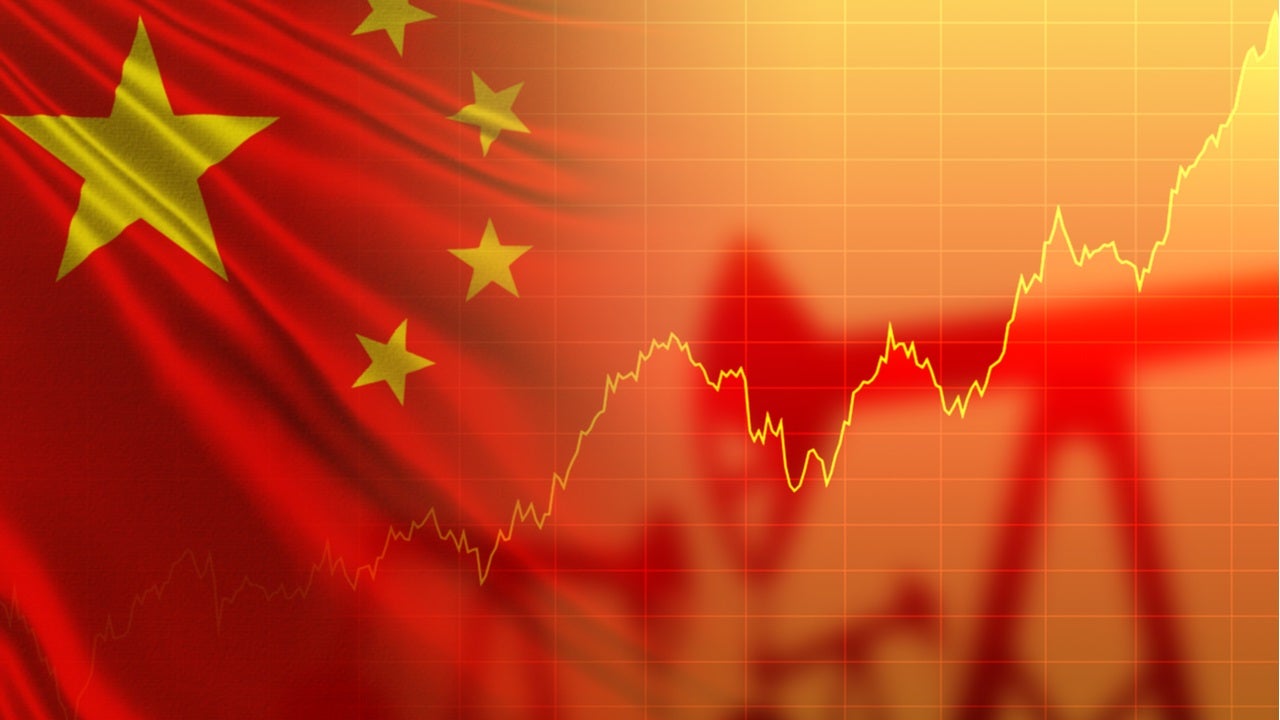Industrial companies in China registered profits for the fourth straight month in August although the growth is lower than that of 2020. Despite the growth, the recovery of China from the impact of the Covid-19 pandemic remains uneven, with industrial production growing by 5.6% in August compared to the previously year. Macroeconomic influencers share their views on the Covid -19 impact.
John Ashcroft
John Ashcroft, an economist, shared an article on how some of the largest industrial firms in China have registered a positive growth continuously for four months until August. Profits, however, were down by 4.4% compared to the same period during the previous year.
The recovery in China was mostly noted in the manufacturing, electrical machinery and raw material sectors. In August, the profits increased by 19.1% compared to the previous year although the growth was still lower than 19.6% in July.
China’s industrial giants see profit growth for fourth straight month in August @SCMPNews https://t.co/nDYrfef1lj
— John Ashcroft (@jkaonline) September 27, 2020
Linda Yueh
Linda Yueh, economist at University of Oxford, shared an article on how the Covid-19 pandemic has led many people to forego medical screening due to the withdrawal of employer-sponsored health insurance and lack of financial security. As a result, cancer screenings for various types of cancers declined by 65%-95% during May and by 30%-35% in mid-June.
The article notes that people who do not have access to employer-sponsored health insurance can opt for a health plan under the Affordable Care Act or Medicaid. Life insurance companies can fill in the gaps for patients who do not qualify for any of these policies. These companies can help in ensuring continued care for people with life-threatening conditions.
Life insurance companies can offer zero interest loans to policyholders to make payments for treatments. Such an approach is profitable for life insurance companies as it helps avoiding a large payout by extending the life of policyholders.
2 in 5 adults responded that they or their spouse had become unemployed or been furloughed due to COVID-19 & 20% had lost health insurance.
27 million individuals lost employer-sponsored insurance & became uninsured following job losses in March-April.https://t.co/ykMXYSmpbS— Linda Yueh (@lindayueh) September 27, 2020
Prof. Steve Hanke
Prof. Steve Hanke, economist at Johns Hopkins, shared an article on US-based pharmaceutical companies planning to leave Turkey if the country fails to meet debt payments. Turkey’s government hospitals are estimated to owe approximately $2.3bn to pharmaceutical companies.
Despite assurances from President Tayyip Erdogan, the pharmaceutical companies are yet to receive payments and are considering reducing their exposure to the Turkish market. The article notes that this will not be in the best interests of Turkey as bilateral trade accounted for $21bn in 2019, which the two countries aim to increase to $100bn.
These goals have been hampered due to the sanctions imposed on Turkish steel by the US and the removal of Turkey from a consortium to produce F-35 jets. The policies have impacted Turkish companies to enter the US market, the article added.
US pharmaceutical are considering leaving #Turkey as debts owed by gov't hospitals soar. The total debt sits at roughly $2.3 bil, a 10x increase from just a year ago. Turkey's government hospitals are riddled with corruption & mismanagement.https://t.co/y49ZLGS550
— Prof. Steve Hanke (@steve_hanke) September 27, 2020
Jo Michell
Jo Michell, associate professor of economics at Bristol Business School, shared an article on the Labour party’s recommendation of pausing the return of students to universities as the UK is struggling to contain a second wave of coronavirus infections. The article noted the need for an efficient testing system before reopening universities and evaluating options for remote learning.
Thousands of students are already in lockdown at various universities and return of more students to universities may lead to a wave outbreaks. The party noted that return of students may expose them to the outbreak at a time when it is resurging, when they should be self-isolating.
Big step, Labour’s @KateGreenSU says gov should consider pausing the move to university, and rule out a Christmas campus lockdown https://t.co/1KfKtcHRE9
As we reported yesterday, @ucu have already called for government to stop more students going to uni https://t.co/m3xCaKBvN2
— Will Hazell (@whazell) September 27, 2020
Howard Archer
Howard Archer, chief economic advisor to EY ITEM Club, shared an article on Bank of England’s (BoE) comments on how negative interest rates can help an economy recover. Negative interest rates in the euro zone and Japan have indicated how it reduces the borrowing costs for companies, the article noted. The BoE has reduced interest rates to below 0.1% and boosted the asset purchase programme by £300bn ($382bn).
The bank noted that it did not expect the UK economy to have a V-shaped recovery due to a second wave of coronavirus infections and rising unemployment rates. Further, the overall weak global economic outlook along with second wave of infections in other countries is expected to impact the recovery of the UK economy, the article added.
https://twitter.com/HowardArcherUK/status/1310139494985805824




